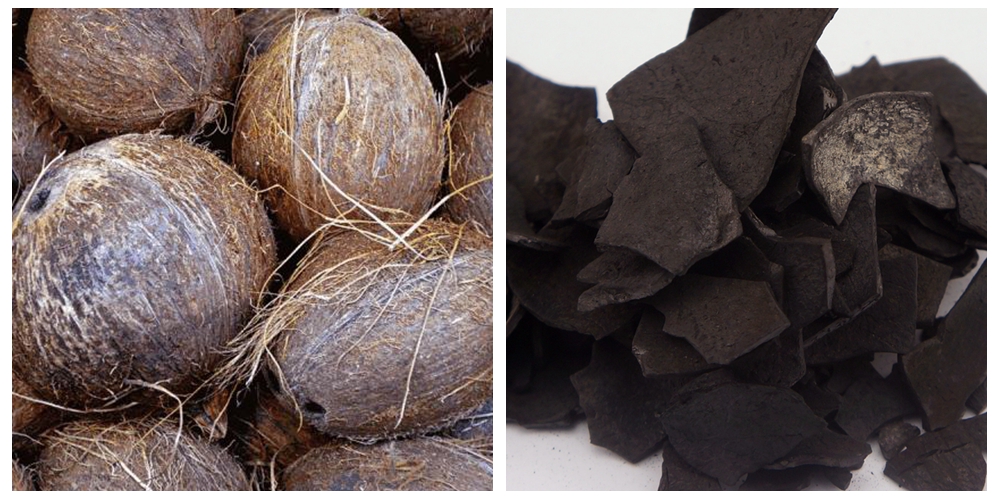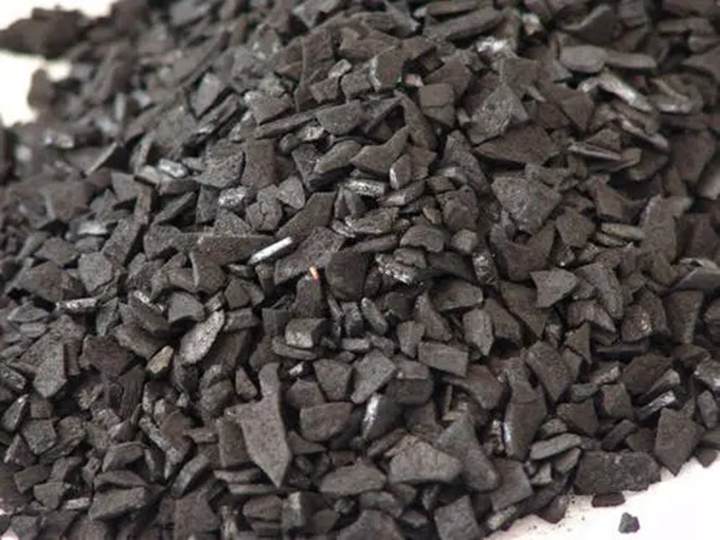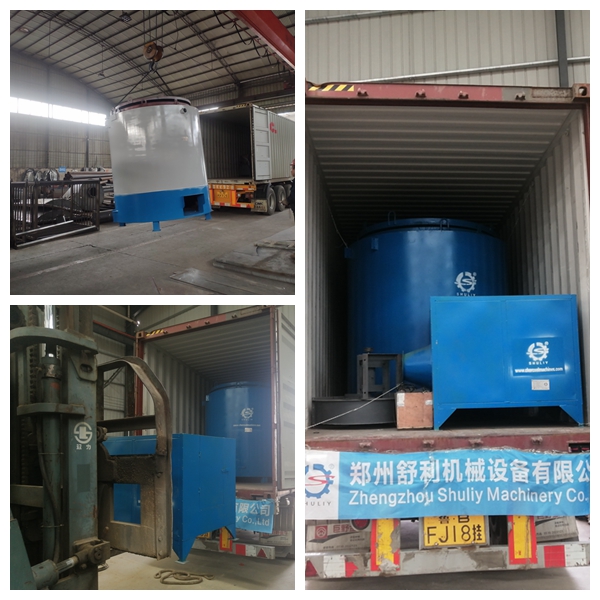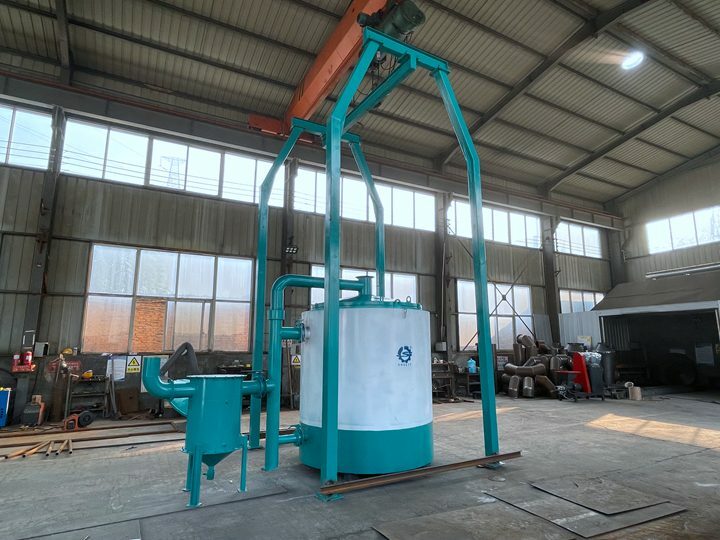
Die Philippinen sind der drittgrößte Produzent von Kokosnüssen der Welt, und Kokosnüsse sind voller Schätze. Neben dem direkten Verzehr können sie auch Kokosöl, Kokosmehl und Kokosfaser produzieren (Netze können zum Sand- und Hangschutz, zur Bodenverbesserung usw. verwendet werden); Der Rückstand, der bei der Produktion von Fasern entsteht, hat einen guten Feuchtigkeitsgehalt und kann als Dünger zur Verbesserung des Bodens verwendet werden; Die Kokosnussschale kann Holzkohle produzieren, aus der dann Aktivkohle und so weiter hergestellt werden. Unser Kunde kauft die Kokospalmenzerkleinerungsproduktionslinie mit dem Ziel, Aktivkohle herzustellen.

In dieser Produktionslinie muss die Kokosnussschale zuerst leicht von einem Zerkleinerer zerkleinert werden, und dann werden die Kokosraspel und die Kokosnussschale von einer Trommelsiebmaschinen getrennt, und der schließlich geformte Kokosnussschalenkohlen kann durch den Kohlenisierungsofen karbonisiert werden. Aufgrund der höheren Dichte der Kokosnussschale wirkt das Endprodukt nach der Karbonisierung besser und hat einen höheren Verbrauchswert. Unser Kunde hat aus dem vielversprechenden Markt bereits beachtliche Renditen erzielt, und er plant, innerhalb von zwei Jahren eine zweite Kokosnussschalen-Aktivkohle-Produktionslinie zu bauen.


